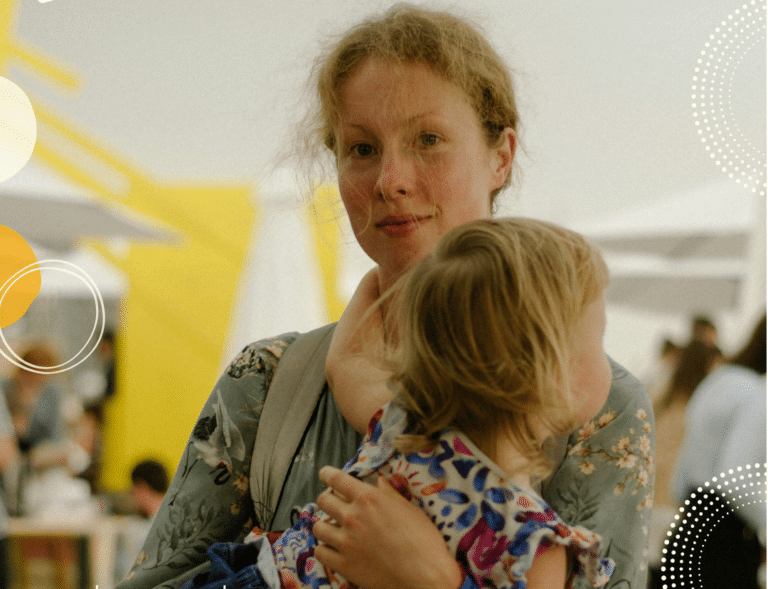School Stress: are you pushing too hard?
There is growing evidence that children and young people in the UK are experiencing a mental health crisis. School stress is one of the top reasons children reach out to the counselling service Childline, while emotionally based school avoidance has remained persistently high post-pandemic. Nearly a third of secondary school pupils in the UK are taking time off school due to anxiety each year.
The causes of this are complex – including lack of mental health and SEND support – but with England’s children being among the most tested in the world, it’s hard not to wonder if academic stress is also playing a part. Young people report feeling intense pressure to succeed at school.
Blaming the school system for school stress (and the inspection regime that holds schools to account for their results) is easy. There is certainly work to be done there. And when the UK chief inspector of schools blames parents who work from home for not setting a good example to their kids, it’s not surprising if parents point the finger straight back again.
But parents also have to hold ourselves to account and ask, honestly, whether there are ways in which we might be making children’s school stress worse? We owe it to our kids (indeed to their whole generation) to be thoughtful about this issue and do some rigorous self-evaluation.
Two of the most common issues cited by young people experiencing school stress are not wanting to disappoint their parents and fear of failure.
“I am about to take my GCSEs and I am under so much pressure as my parents are expecting me to do really well. I am going to revision classes and trying really hard but I feel like it is not good enough for them.”
As parents, we have high aspirations for our children. We want them to be successful and to reach their potential so that every possible door is open to them. And we are told at every stage of parenting that our children’s success at school is our responsibility. It’s our job to support their education so they can fulfil their potential (or we are failing as parents).
But what even is “potential”? You probably feel like this is a positive stance. It’s just about supporting children to be happy and believing in them and helping them get the grades they are capable of, isn’t it? But take a look at that sentence carefully. What’s masquerading as support is actually parents setting benchmarks for our kids – you need achieve the grades I believe you are capable of (or you – and I – have failed).
We are a generation of parents who are constantly judging our parenting. Modern parents are bombarded by lists of things we MUST do if we are going to qualify as good parents. Our children must eat vegetables, be confident, play sports (or chess or musical instruments), behave politely and do well at school. It can feel like our children are a direct result of our success or failure as a parent. And we can end up directing more energy towards cajoling reluctant children to do their homework than towards connecting, listening and building a relationship with them.
And in judging our own performance as parents so harshly, and holding ourselves to a ridiculous set of performance metrics, we can easily slide into blaming our children for not holding up their side of the bargain when that ‘good parenting leads to successful child’ equation doesn’t turn out to be wholly true.
One of the hardest things I have learnt as a parent is that we have to parent the actual child we have, not the theoretical one we expected (or the ideal we think we wanted). Parenting a ‘must try harder’ child who doesn’t thrive at school or who doesn’t put in the effort can be frustrating, but piling on the pressure and adding to their school stress won’t help.
Looking for the blockers and exploring enablers that will help our unique child find their mojo, just might.
Your ‘could try harder’ child might continue to underperform (in your opinion) but it’s essential for parents to keep a sense of perspective. Attainment at school is not the be all and end of success and happiness, and there are always second chances for kids who aren’t mature enough to get it right the first time around.
So, when you are feeling infuriated and find yourself pushing a little too hard, remind yourself that not doing as well as you theoretically could at school is not the end of the world – and it’s also not in your gift to control. Good parents aren’t necessarily the ones whose kids do well at school.
And then feel free to write that letter to the school, Ofsted or your local MP to pressure them to step up on their side too.







Thanks for this Anita. It is so hard at times to get the balance. When does a bit of encouragement become pressure. Mine are too young for exams but it won’t be long. I like your emphasis on sleep and diet too. these are so often overlooked.
You are so right. I seem to veer between encouragement and nagging depending on whether acceptance or anxiety have got the upper hand! We can but try….